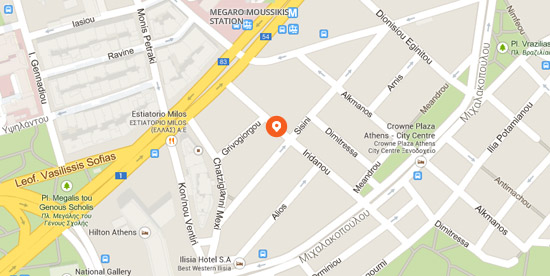Clevel goals, for weight loss without a diet plan
Your body weight is at a balanced state and calories are a crucial part of this equation. Popular diets promise spectacular results. For instance, it is reported that if you eat a mountain of grapefruits you’ll see immediate results in terms of weight lost. But, calories “count” and you can succeed in losing weight by reducing the calories ingested through foods and beverages as well as by increasing the calories spent through exercise.
 Once you understand this equation, you are ready to set your own goals and develop a strategy to reach them. Remember it is not necessary to do this on your own. Ask for help from a dietitian or/and from your friends. Also, reflect whether you’re ready to make the required changes. You’ll need to be organized in order to successfully manage the circumstances that will test your determination and endurance while some setbacks are unavoidable. It is important to address them as effectively as possible and carry on with your efforts.
Once you understand this equation, you are ready to set your own goals and develop a strategy to reach them. Remember it is not necessary to do this on your own. Ask for help from a dietitian or/and from your friends. Also, reflect whether you’re ready to make the required changes. You’ll need to be organized in order to successfully manage the circumstances that will test your determination and endurance while some setbacks are unavoidable. It is important to address them as effectively as possible and carry on with your efforts.
If you’re dealing with serious health issues, you should consider those as well, while it’d be good to bring them up to the relevant doctor. In order to begin your efforts on stable ground you should pay particular attention to the way you set your goals. Next we’ll demonstrate how goals can help you lose weight.
Set “clever” goals
For your strategy to be effective you should set up to three goals a time (ex. every week, every month). Try and make your goals S.M.A.R.T., that is:
- Specific : For example have a target like “I’ll eat one fruit a day” instead of “I must eat more fruit”
- Measurable: Quantifiable goals help you monitor your progress. For example say “I’ll eat one salad a day”.
- Achievable: It is more likely to reach your targets when those are realistic. You may set attainable goals and consequently, if they are reached, add more so as to work your way towards the main goal. For instance the latter may be to reduce the quantity of food you eat. It is possible to start by reducing the food eaten between meals and then reduce the size of your meals.
- Relevant: You are the expert on your habits, your weekly schedule, as well as your desires. Choose goals that are more likely to work for you.
- Time-specific: Set time limits within which to improve specific goals you’ve set yourself. In trying to change a lifetime’s habits you should be fair with yourself and give him time to succeed.
In addition, remember that the targets may be about specific foods you eat (ex. “eat one chocolate every ten days”) or behaviours towards food (ex. “not to watch tv when I eat”).
As we mentioned above your goals should be adjusted relative to your needs. Nevertheless we outline some examples of such goals.
Clever goals about the food you eat:
I will…
- Eat three fruits a day.
- Remove the visible fat off the meat before cooking.
- Eat at least one salad a day.
- Eat 2 small chocolates a week.
- Eat up to 2 tablespoons of olive oil in total a day.
- Eat pizza or kebab once a week or less.
Clever goals about your behaviour towards food:
I will…
- Eat breakfast at least 5 times a week.
- Eat my meals in the dining room
- Eat slowly and my meals last minimum 15 -20 minutes.
- Serve food in smaller plates.
- Switch the tv off during meals.
- Avoid having alimentary temptations at home.
Keeping a food diary may also help you spot changes you wish to make with your diet while also helping you evaluate your progress.
If something does not go well
It’s perfectly normal. At times certain circumstances will prevent you from achieving your targets like disease, increased load at work, vacation etc. In order to rebound:
- Reflect on the reasons for which you wish to reduce your weight
- Think about everything you’ve accomplished up to that moment.
- Think that falling a bit behind is not the end of the world.
- Think that even if you didn’t reach your goal in the maximum the process of choosing goals helped you set a structure and limits to your eating which, perhaps you didn’t have before, while you may also continue your effort.
- Start keeping a food diary.
Also, do not forget that the key for loosing and maintaining your weight is your personal commitment to make undeviating changes in your habits concerning food and exercise. Every time you begin or continue any such effort consider whether you feel confident enough to set new goals.
If you wish to achieve the above more effectively or if you believe that a more strictly structured programme to lose weight will help; you can contact a dietitian. For the time being, you may start by choosing your first three “clever” goals and by keeping a food diary.
References: www.bdaweightwise.com, www.mayoclinic.org








